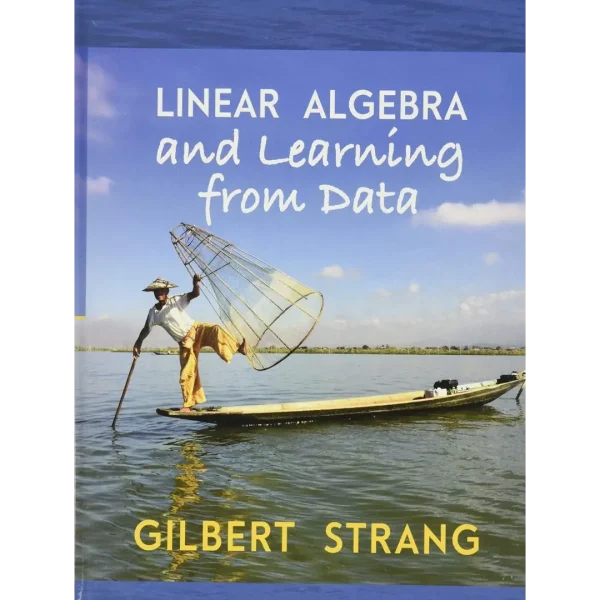
Linear Algebra and Learning from Data
Original price was: $95.00.$20.00Current price is: $20.00.
PDF 305 MB • Pages: 434
- 100% Satisfaction Guaranteed!
- Immediate Digital Delivery
- Download Risk-Free

$95.00 Original price was: $95.00.$20.00Current price is: $20.00.
PDF 305 MB • Pages: 434
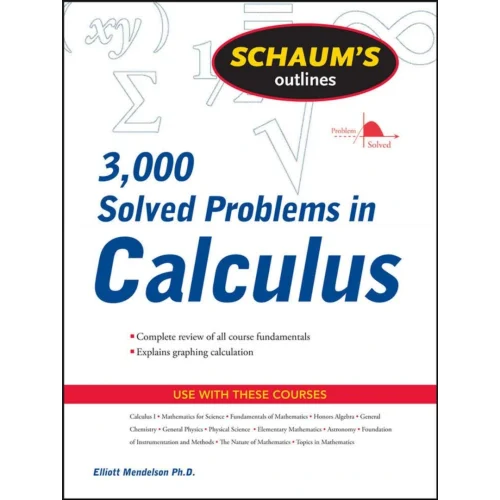
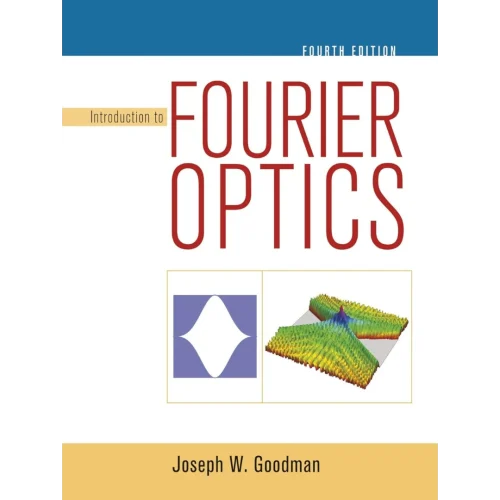
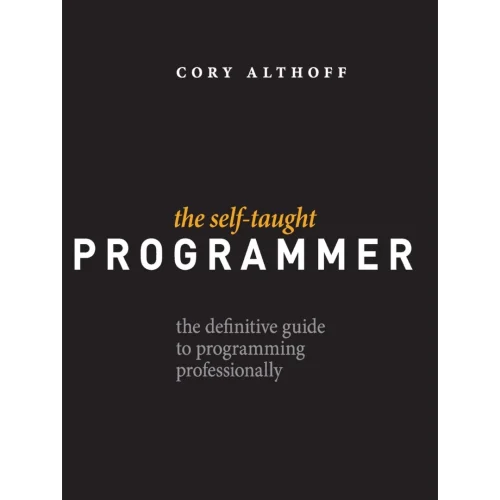

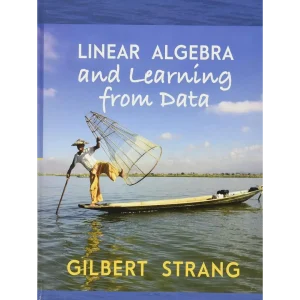
Reviews
There are no reviews yet.